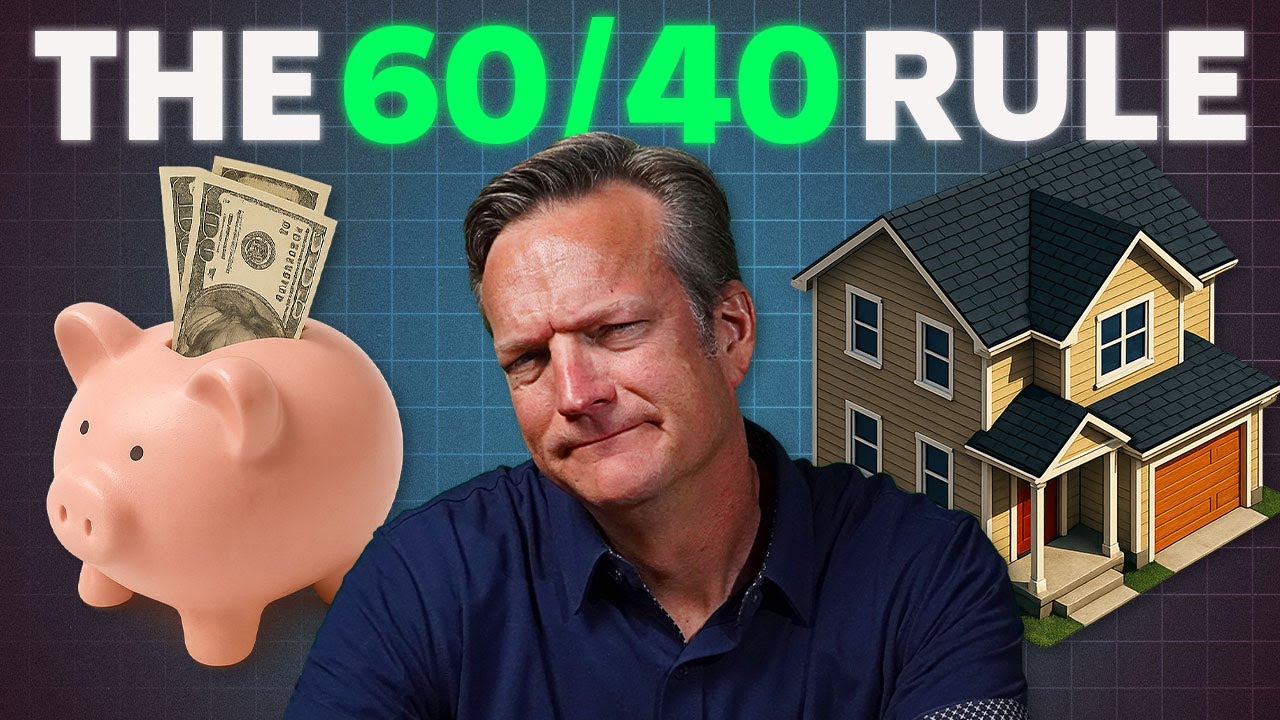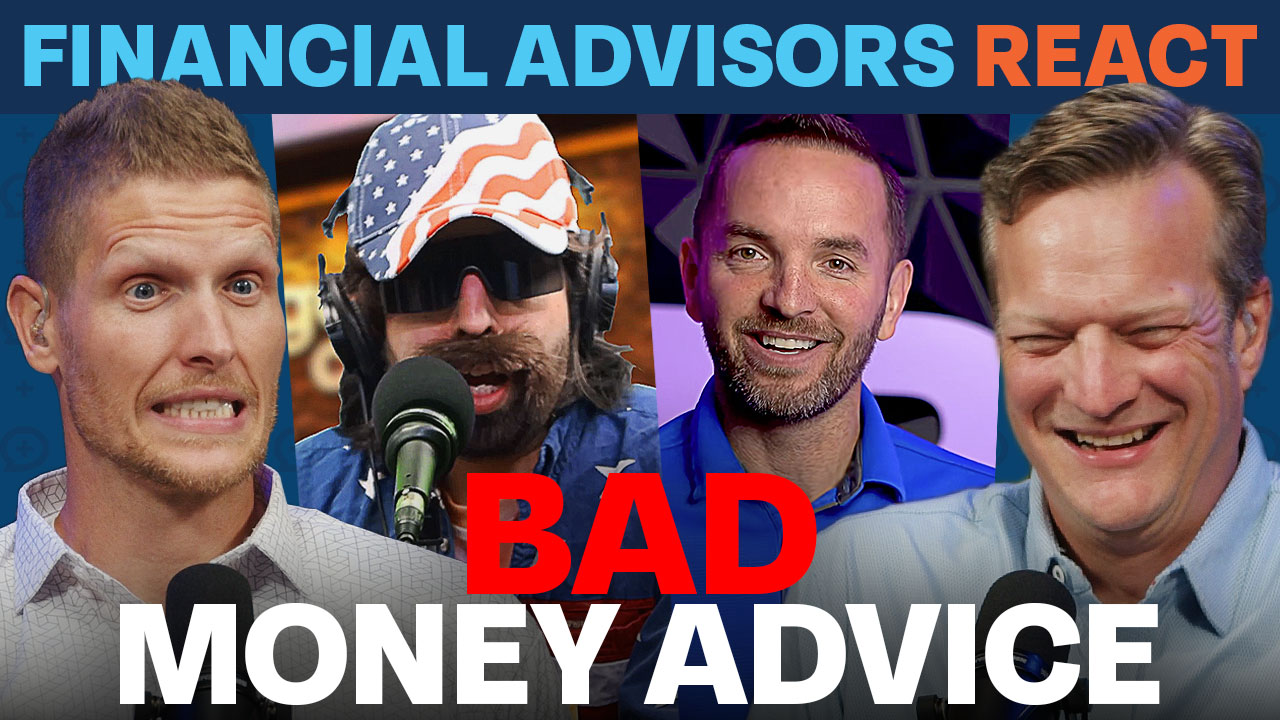Here's what's interesting about 40-somethings: you've been around for a while now, you've had at least 20 years out there in the marketplace, trying to figure out what your journey looks like. So, this is when you can start taking inventory. I invite you, if you're not doing net worth statements and other things, to kind of check where you are. This is a point where some of you might be brand new to the wealth-building journey in your 40s. Still, you can go out to moneyguide.com resources to see what you need to be saving to get to a million dollars, and even two million dollars. This is the point where you probably need to start taking a measurement of how well have I done in the last 20 years of building my army of dollars. You can go to
learn.moneyguy.com if you're looking for a
net worth tool.
Walk through what does this look like? Some of you might want to start looking at taking inventory of what you have in savings and comparing that to what's required to have 2.2 million. Remember, the whole premise here is that we've established that today, 2.2 million dollars is what's considered wealthy. So if you're someone in your 40s and you're thinking, "When I get to retirement at age 65, I want to live the equivalent lifestyle of someone who has 2.2 million dollars today," we want to solve that equation for you and tell you what you should do or where you should be.
There are two scenarios. The first is, if you're starting from zero and you're 40 years old and you want to save the equivalent of 2.2 million dollars by 65, you have to be saving almost five grand a month, a little over forty-eight hundred dollars a month, which is hard. However, if you have been saving and building through your 20s and 30s, and by age 40, you've already accumulated 627 thousand dollars, you have already accumulated a lump sum large enough that without any additional savings, it should continue to be able to grow by the time you get to retirement to provide that lifestyle. So, if you're somewhere in the middle, maybe you're saying, "Man, I'm not quite saving five thousand dollars a month, but I am saving something, and I don't quite have the 630 thousand lump sum just yet." I would encourage you to go check out our
"Know Your Number" course because what you can do is you can actually see, based on where I am today and based on what my number is, am I ahead of the curve, am I behind the curve, or have I not even defined what the curve is yet? And in your 40s is when you probably ought to start thinking through that and start having those discussions.
I love it. Another thing that you really ought to think about in your 40s is how do I avoid some of the big wealth killers? How do I avoid the things that really can be detrimental to long-term wealth building? And the first one is called this for a reason – the midlife crisis. It's this idea of, "Holy cow, who am I? What do I value? What is my purpose?" and you have this existential problem. You were going in one direction, and you immediately shift the other way. If you can begin to answer those questions and define those before you reach the crisis moment, you're likely going to set yourself up to be able to navigate going through that stage of life well.
Yeah, I don't mind being the wisdom of this because I've lived through this part. There is a weird transition that occurs. In your 20s and 30s, you're in this achievement mode. You're out there attacking, trying to conquer a lot of life goals, as well as hit some key indicators in your career. Then you get into your 40s, and your mortality kind of shows up right in front of your face. You become real. If you're not focusing on your health, you notice you don't heal as fast, you notice you put on a few pounds a little easier. So, this stuff starts playing crazy tricks with your brain, and a lot of people, unfortunately, say, "You know what? I don't like where I'm at, or I'll start questioning some of the decisions of the past." And they'll do what's called the middle-life crisis. Now, for me, at the time, it was buying a red car; that's as bad as it was for me. But for other people, they really will shake things up, and unfortunately, a lot of them lead to divorce and other big decisions. The reason we talk about divorce is so scary is that we know in the four years that lead up to the relationship kind of having issues, spouses fighting with each other, punishing each other financially by buying stuff that's not appropriate, that it's typical that those divorcing over that four-year period will see a drop of 77% of their wealth. That's catastrophic. It's literally catastrophic, something that's so difficult to bounce back from. So, if you can even do a relationship inventory, think about the things in your life, and begin assessing that early on, hopefully, you can avoid some of these wealth killers.
Another wealth killer – these are kind of on the negative side – another negative one is greed. How many times do we see someone in their 40s who's doing great, they've been following the financial order of operations, making the right steps, and then they finally hit a level of success where they have a little bit of extra discretionary capital? Maybe there's some dollars invested, and they say, "You know what? Now I need to do something different. I need to get into private equity, I need to use leverage to really amplify this," and they end up getting out ahead of their skis. Or they get tied up in some sort of dumb doctor deal, some sort of venture they don't really know what they're doing, and they find, "Holy cow, in a very short time period, I just evaporated all kinds of wealth that I spent the last 20 to 30 years building." Look, don't miss here; we're not against everything because I know we have great friends out there that'll tell us how much money they made in real estate, tickets, and other things. We're not against it all; it's just our thing is that if you have used traditional index funds and other things where you instead of trying to beat the market, you just rode this ever-expanding economy and market that we live in, instead of staying with what brought you to your level of success, you don't have to turn over everything. And I think that's the problem is that a lot of people when they reach a level of success, they say, "Well, now I have crossed into a new threshold; I need to hit that sexy sizzle of what other rich people do." And there are entire marketplaces that will take advantage of that, where they say, "Hey, they will package themselves up and be all glossy, they'll be shiny, they'll even put gold foil on it to tell you that their system is better because this is what rich people do." Just be careful; tread cautiously. Make sure if you don't understand something, that doesn't mean it's better; it might mean you need to either do more research or even stay away from it. There are plenty of people trying to spin your heads just to sell a different, more expensive, more profitable product than maybe what brought you to the dance in the first place. Look, here's the deal, and Brian, I'm sure there's nothing wrong with being a boring rich person. Being a boring rich person is kind of fantastic. So like you said, don't fall into the trap of assuming, "I have to do something different to end up in a different place." Because likely, the things you have been doing are the exact things that you should keep doing to keep moving you in the right direction.













